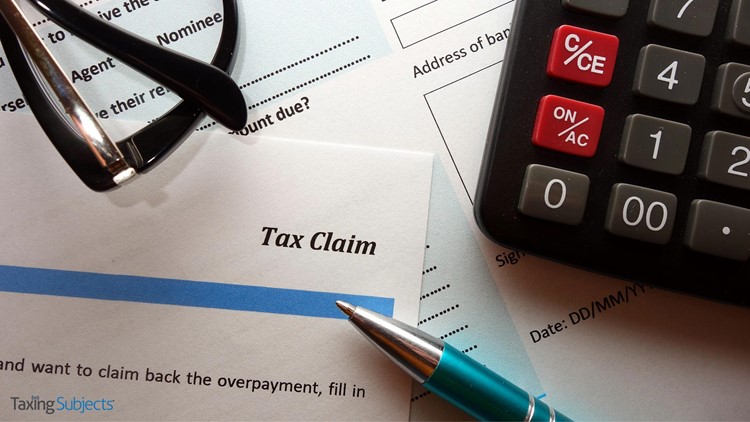Dirty Dozen: Avoid Improper Claims for Business Credits

The Internal Revenue Service is warning taxpayers and tax professionals against improperly claiming various business tax credits, which has become a common tax scam. That’s why the topic shows up on this year’s IRS “Dirty Dozen” list of common scams that can occur anytime during the year.
When it comes to bogus credits on business returns, the IRS says two in particular stand out: the Research Credit and the Fuel Tax Credit. Each has specific requirements for eligibility.
Research Credit Scams
Section 41 of the Internal Revenue Code provides a credit for increasing research activities, commonly known as the Research Credit. The credit was passed into law in 1981 to provide an incentive for American industry to invest in research and experimentation.
Improper claims for this credit generally involve a failure to participate in or substantiate qualified research activities or a failure to satisfy the requirements related to qualified research expenses.
The IRS says the business claiming the credit must meet pretty specific criteria: “A taxpayer’s research activities must, among other things, involve a process of experimentation using science with a goal of improving a product or process the taxpayer uses in their business or holds for sale, lease, or license. Activities specifically excluded from qualifying for the credit include research after commercial production, adaptation of an existing business product or process, foreign research and research funded by the customer. Qualified research activities also do not include activities where there is no uncertainty about the taxpayer’s method or capability to achieve a desired result.”
Many times the IRS says it sees expenses for activities that do not qualify lumped in with claims for the Research Credit. Qualified research expenses can include only in-house wages and supply expenses. Only a portion of payments to contractors can be claimed, typically 65 percent or less. There must be a proven connection or nexus between the expenses being claimed and the research activity for the expense to be considered qualified.
How to Claim the Research Credit
Eligible taxpayers can use Form 6765, Credit for Increasing Research Activities, to claim up to 20 percent of qualified expenses above a base amount. Eligible small businesses can use the Research Credit to offset the Alternative Minimum Tax. They can also elect to use a part of the Research Credit as a payroll tax credit against the employer portion of the Social Security tax.
Make the election on the Form 6765 and complete Form 8974, Qualified Small Business Payroll Tax Credit for Increasing Research Activities; attach Form 8974 to the business’ Form 941, Employer’s Quarterly Federal Tax Return.
To claim the credit, taxpayers must evaluate and document research activities over the period in which research occurred to determine the amount of qualified research expenses paid for each qualified research activity. Some expenses can be estimated, but there must be a factual basis for the estimate.
There are penalties for making an unsupported claim for the credit, and taxpayers should carefully review any reports or studies done by third parties to ensure accuracy. Third parties involved in preparation of improper claims or research credit studies may also be subject to penalties if claims are deemed unsupported.
Fuel Tax Credit
The Fuel Tax Credit isn’t available to most taxpayers. It’s usually limited to motor fuel used in off-highway business use or in farming. Yet the IRS routinely finds scammers who entice groups of taxpayers to inflate their refunds by falsely claiming this credit.
The improper claims usually come in two forms: an individual or business may make an erroneous claim on an otherwise legitimate tax return, or identity thieves may file bogus claims as part of a broader fraud scheme.
Compliance for this credit has been stepped up. IRS processing systems are now stopping a “significant” number of questionable Fuel Tax Credit refund claims. Fraud involving this credit is considered a frivolous tax claim and draw a penalty of as much as $5,000. And like most scams, illegal claims result in penalties, interest and possible criminal prosecution for the responsible parties.
Claiming the Fuel Tax Credit
The federal government taxes gasoline, diesel fuel, kerosene, alternative fuels and certain other types of fuel. Certain commercial uses of these fuels are nontaxable. Taxes paid for fuel to power vehicles and equipment used off-road may qualify for the credit and may include farm equipment, certain boats, trains and airplanes. Individuals and businesses that purchase fuel for one of those purposes can claim the credit by filing Form 4136, Credit for Federal Tax Paid on Fuels.
Each year, the IRS publishes its “Dirty Dozen” list of common scams – like these - that taxpayers may encounter any time. These can peak during the tax filing season as people prepare their tax returns or hire others to help with their taxes.



